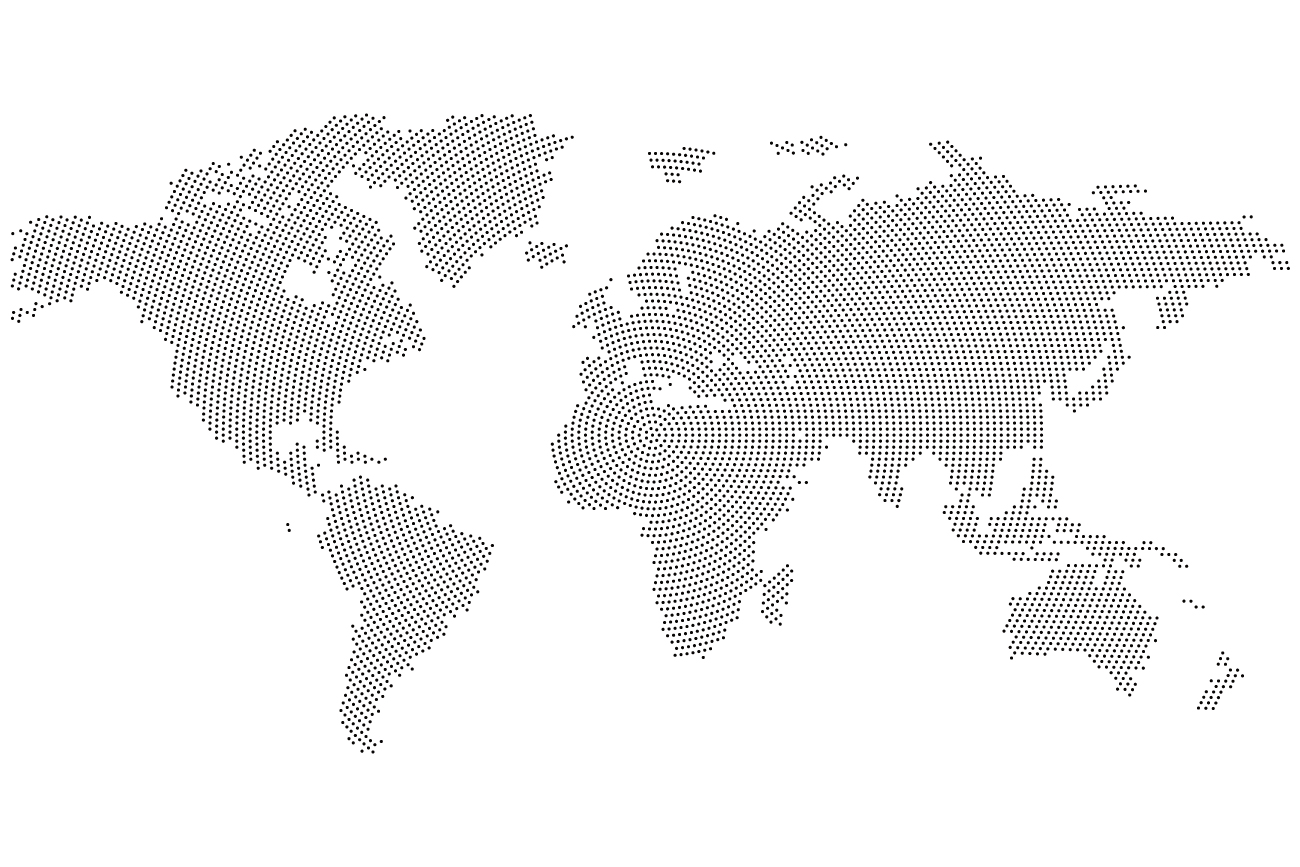Since 2007, we have conducted training courses regularly on the energy system optimization model VEDA-TIMES.
The training courses on VEDA-TIMES are tailored according to the actual needs. They span from two-day long to three-week long courses.
We teach on all levels and provide additional support and technical assistance.
Scope
Energy system models can support energy planning and the development of Long-Term Energy Strategies and strategies for decarbonization.
Energy system models make it possible to identify and analyze energy system transition pathways based on different criteria. Simultaneously, the models allow you to test various macro-economic assumptions and the impact of policy decisions and targets.
Combined with careful scenario analysis, energy system models enable analysts and policymakers to identify the most promising emissions reduction measures.
Methodology and models
VEDA means “Knowledge” in Sanskrit. It is a software tool to convert modeler’s knowledge into input for models, and output from models into knowledge for modelers. Veda2.0 is a data handling system for The Integrated MARKAL-EFOM System (TIMES).
VEDA is based on a modular approach that organizes the model input data and results into an integrated database. Information is visible via tabular browsing (data cubes) and network diagrams. It is used to develop and manage model runs and to analyze model results.
VEDA allows rule-based manipulation of parameters and set declarations to minimize numerical pre-processing. Massive amounts of data can be introduced or modified with very few instructions.
The TIMES model is a bottom-up optimization model for energy-environment systems. The TIMES model is internationally recognized and developed under The Energy Technology Systems Analysis Program (ETSAP). ETSAP is a Technology Collaboration Programme of the International Energy Agency (IEA).
| Countries: All over the world
| Clients: Multiple energy agencies, universities, and institutes
| Contact: e4sma@e4sma.com
| Activities: Training courses and technical support
| Duration: Repeatedly since 2007
Graphic credits: Sakorn Sukkasemsakorn


